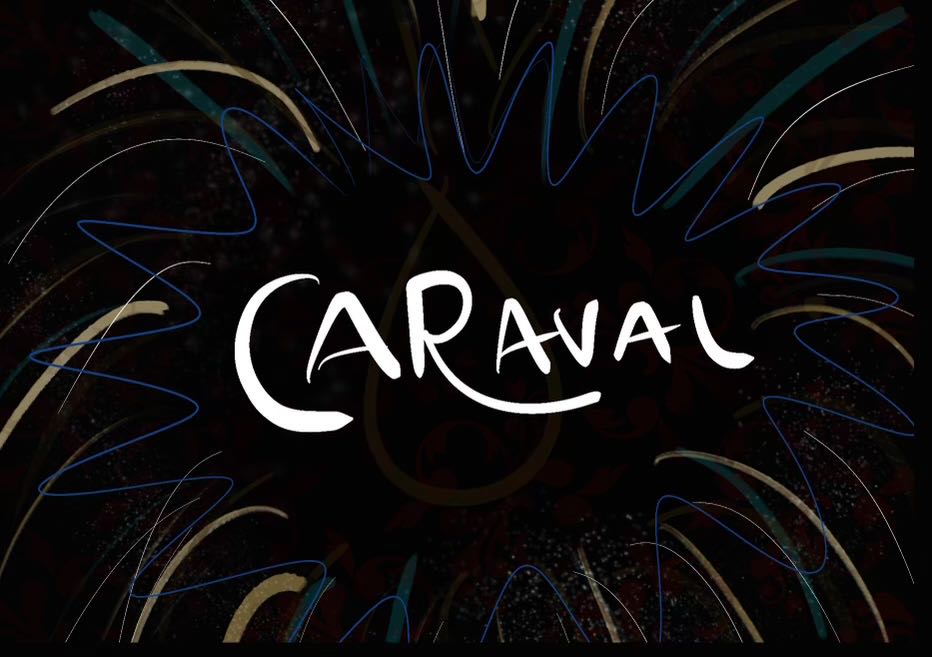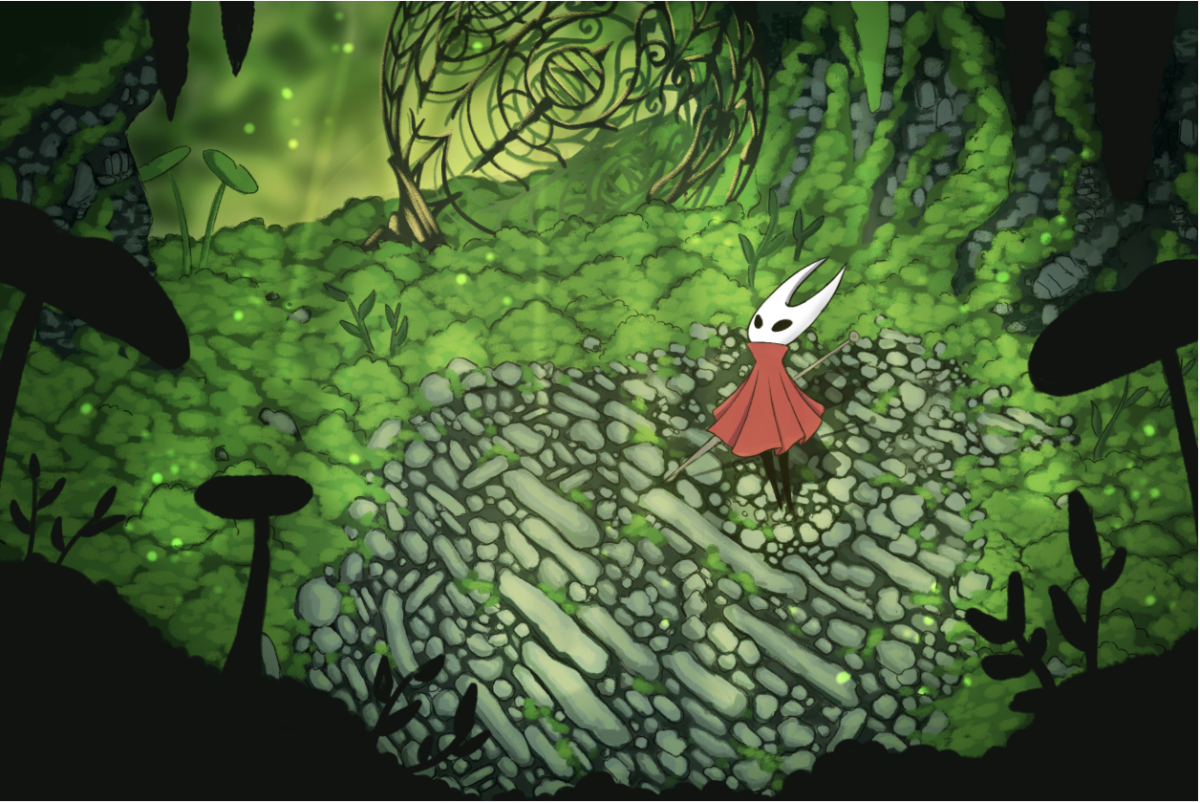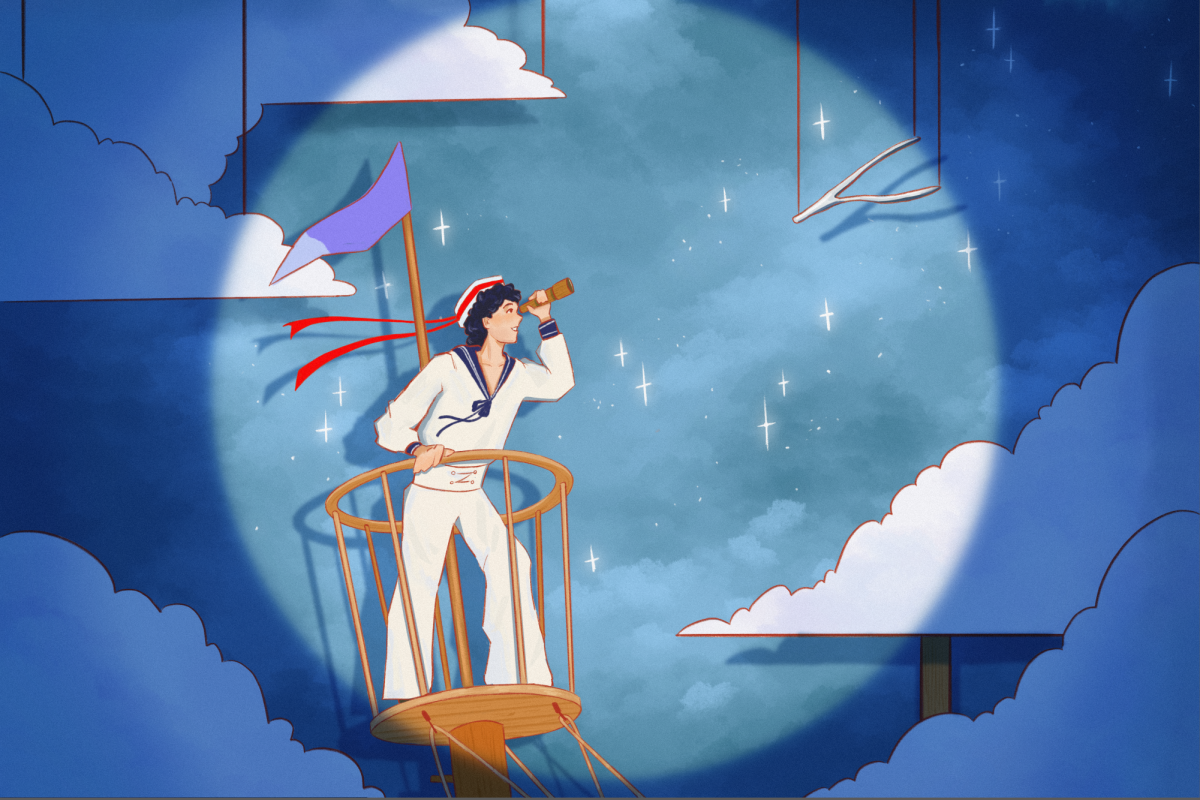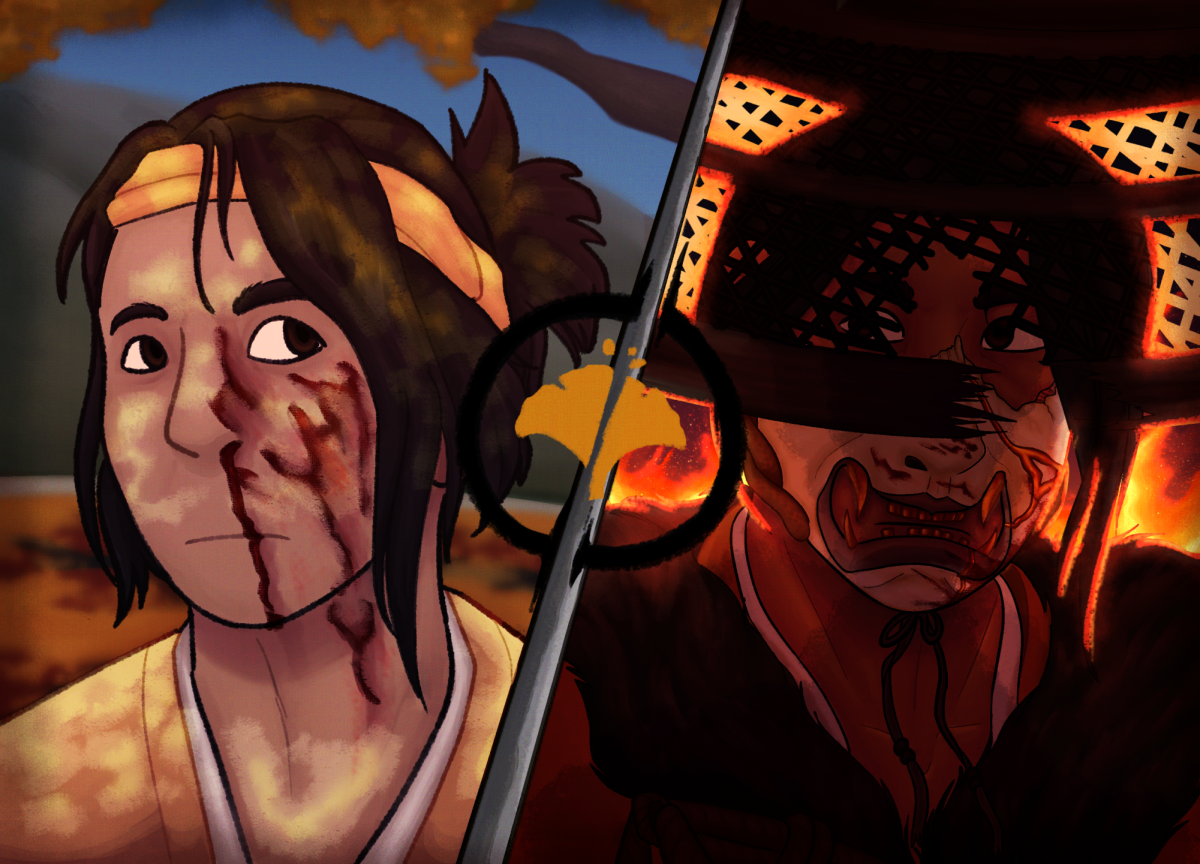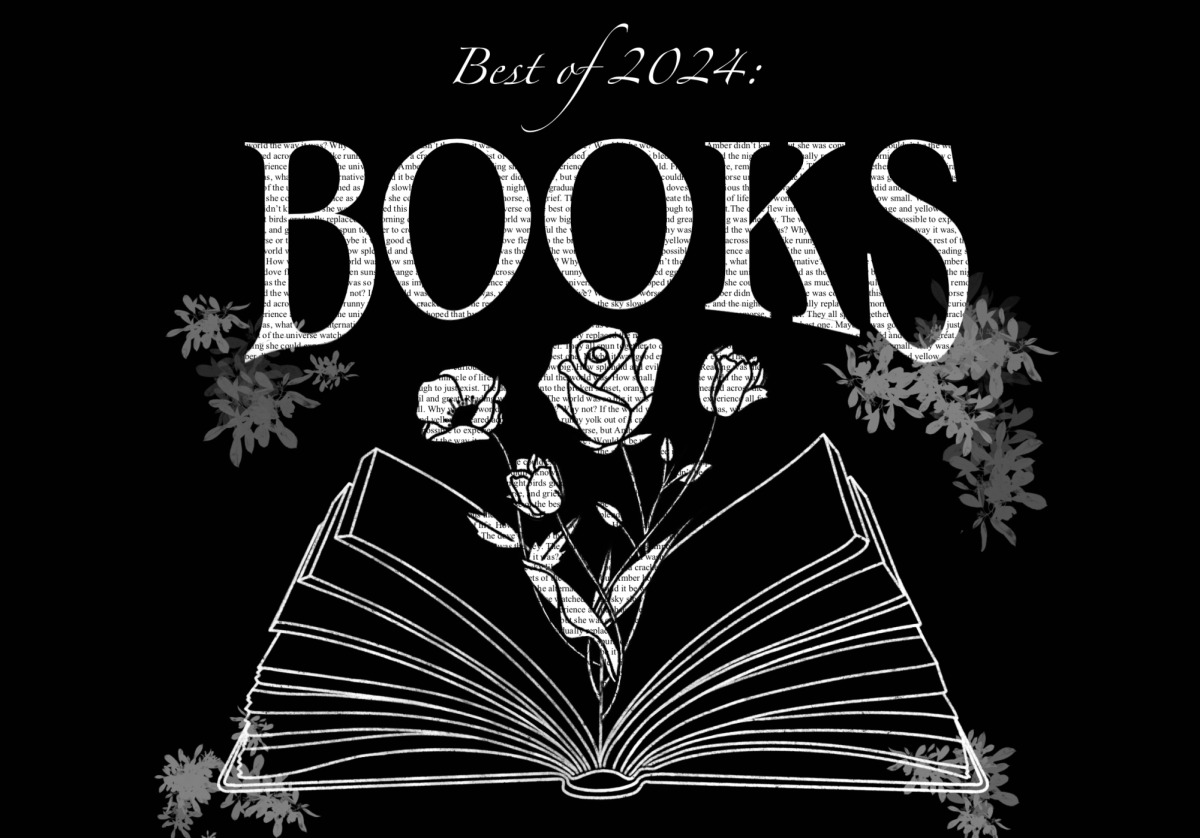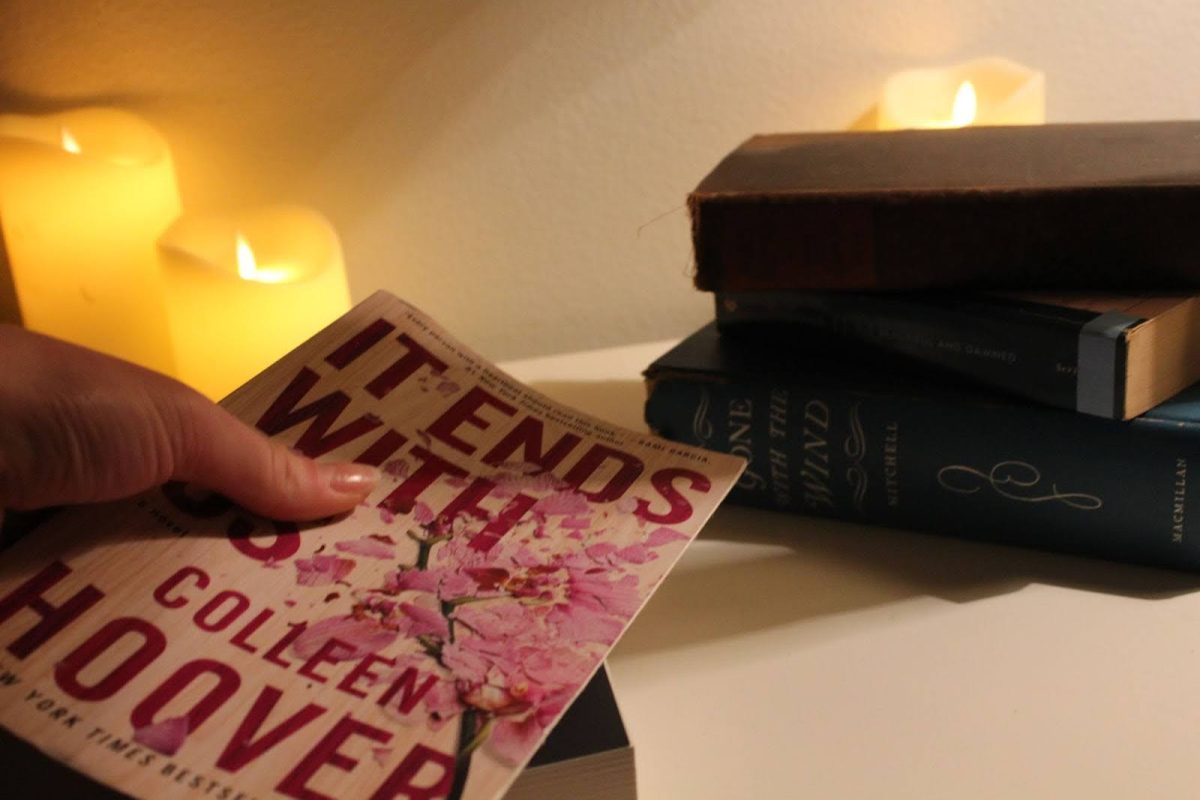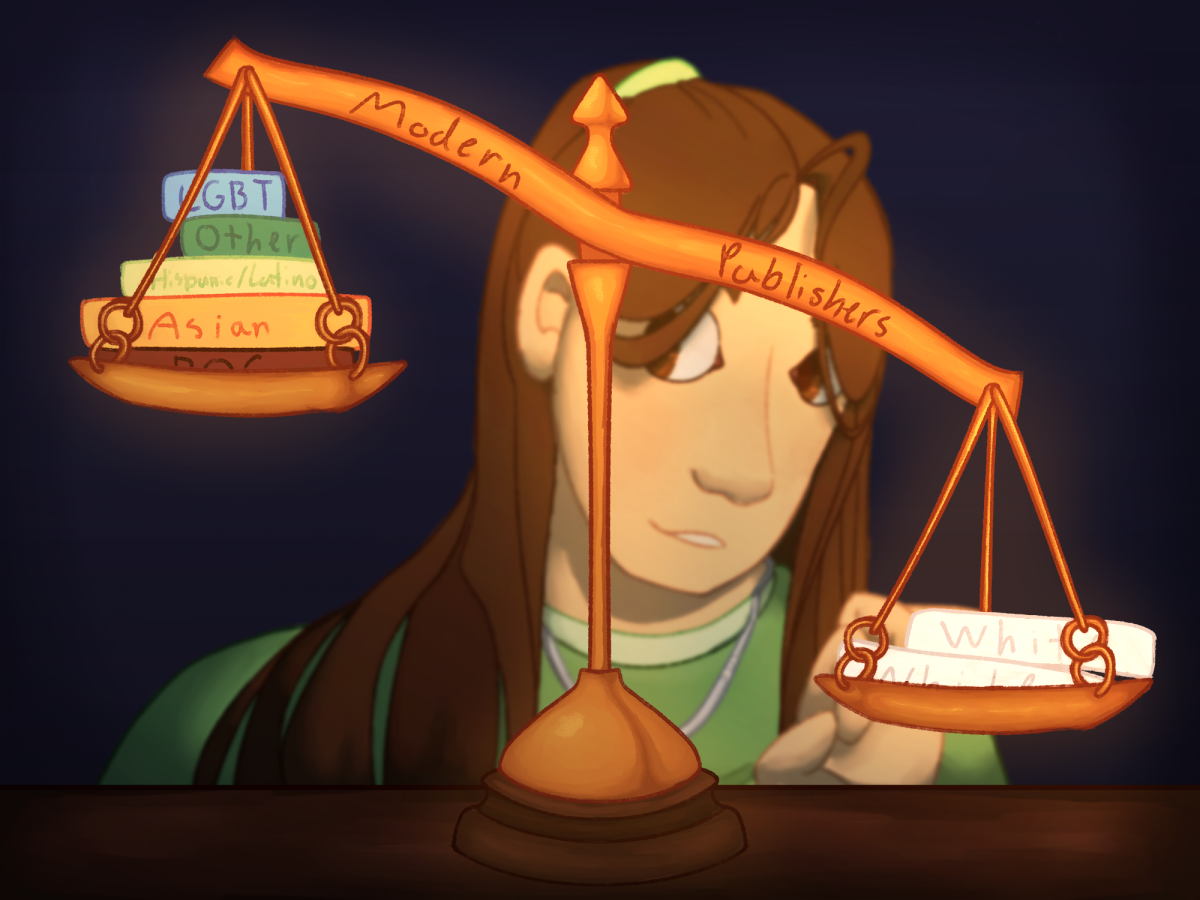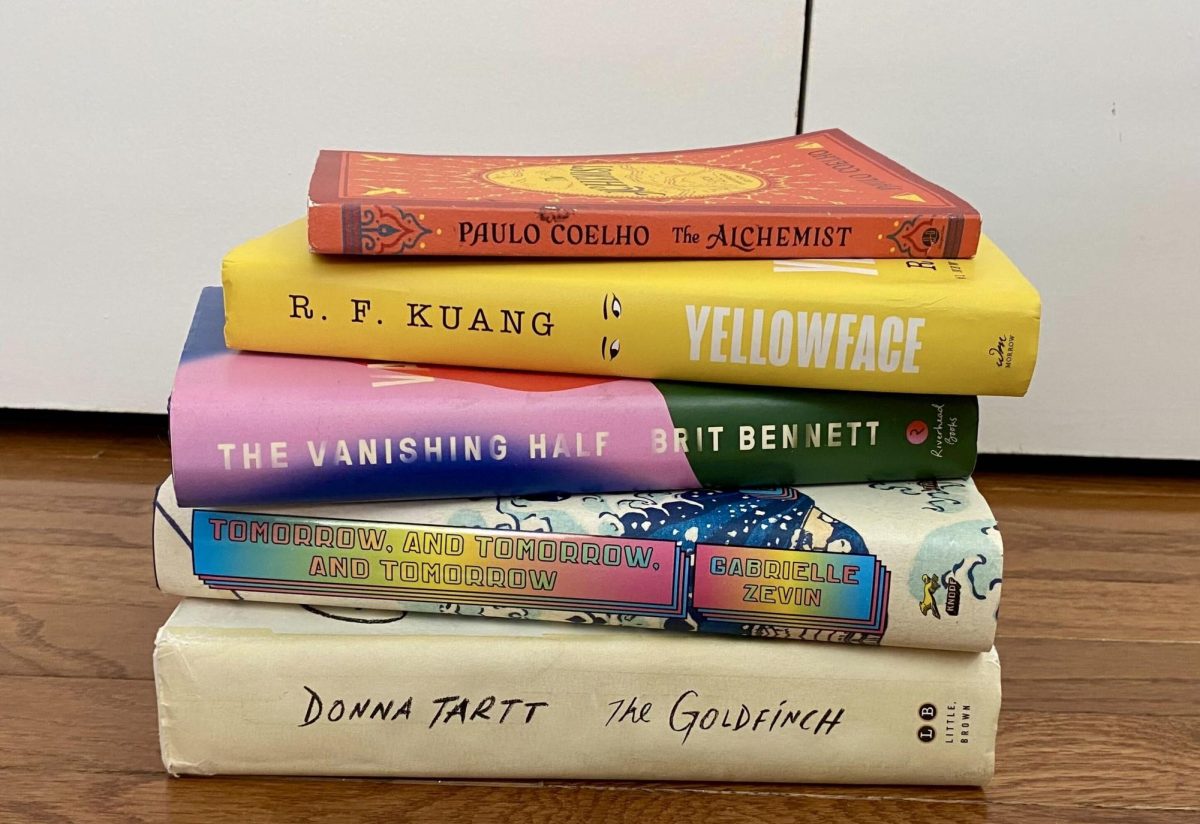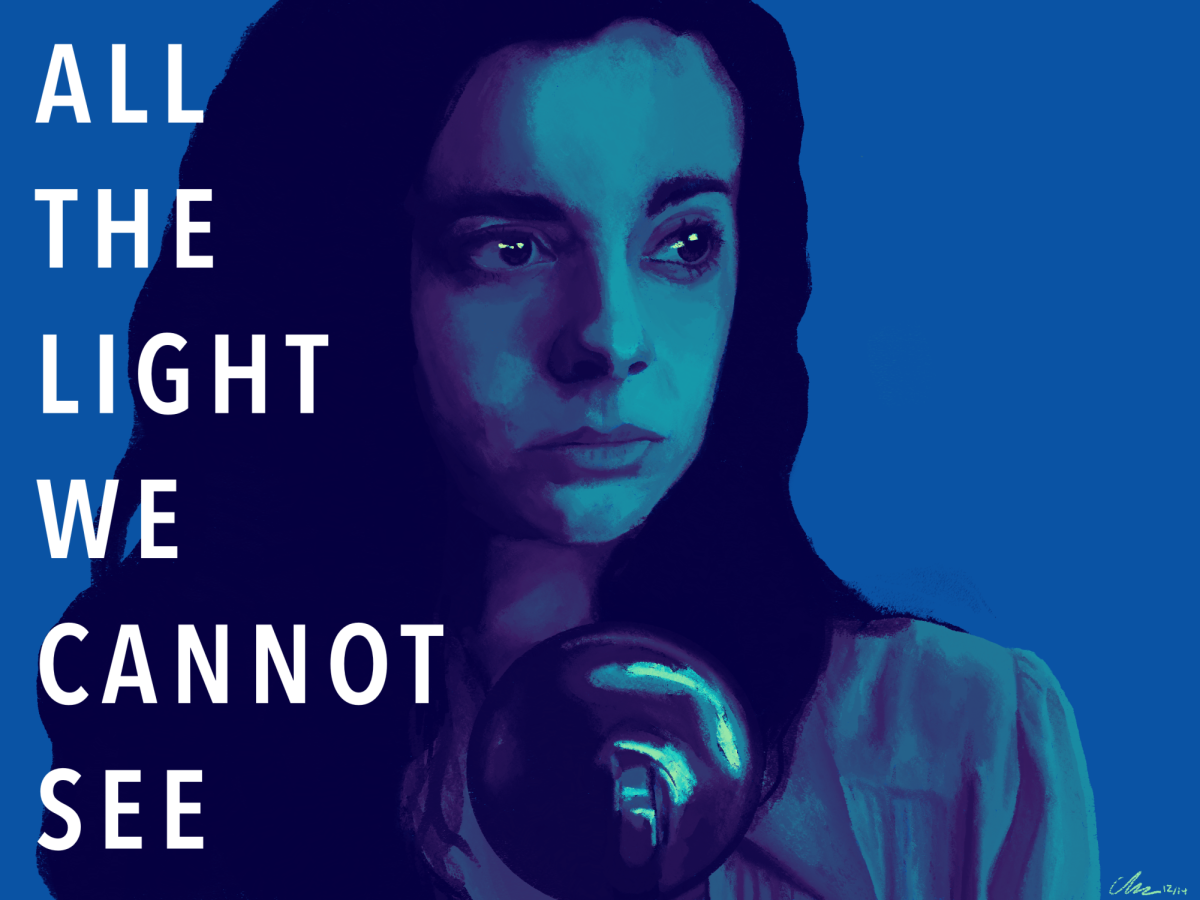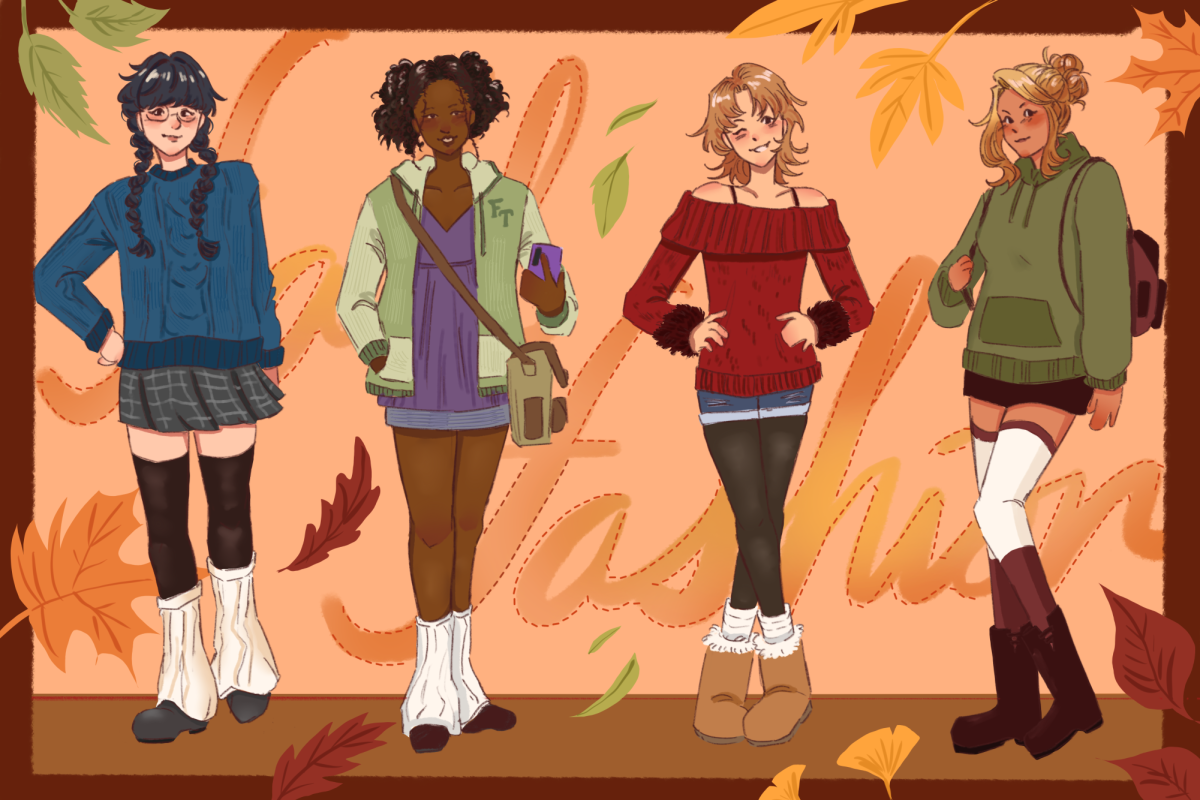On Sept. 29, 2016, Flatiron Books released what is perhaps this generation’s most controversial young adult fantasy novel: “Caraval.” As author Stephanie Garber’s debut novel, it reached number two in the New York Times bestseller list and stayed on the list for 15 weeks. Despite the thousands of copies sold and its success on the lists, the enigma that is “Caraval” received many conflicting views from both critics and readers.
The story follows protagonist Scarlett Dragna, the daughter of governor Marcello Dragna. A sweet yet desperate girl, Scarlett has a history of writing letters to a man named Legend in hopes of receiving tickets to his game — the whimsical and mysterious game of Caraval — so that she and her younger sister (Donatella) could escape their abusive father. However, in the beginning of the story, Scarlett, being engaged to a faceless count Nicolas d’Arcy, loses that dream of being invited to the mystical games in hopes of marrying off to escape. But, after receiving a cryptic response from Legend, Scarlett is kidnapped and taken to Caraval by a charismatic sailor by the name of Julian Santos on behalf of her reckless sister. Together, Scarlett and Julian enter the world of Caraval with nothing but themselves and their tickets, and as stakes begin to rise due to Scarlett’s conflicting feelings about her future, the two are swept farther away than they originally planned.
As one of the most trending books on the New York Times bestseller list, “Caraval” has been one of the top books advertised by many fervent fans all across BookTok, known for its supposed themes of love, sacrifice and its blurred lines between fantasy and reality. Against the expectations of both fans and Garber herself, the book expanded into a trilogy. Despite all the excitement over the book (both recent and prior to 2024,) some critics believe the themes were left “muddled,” or rather unclear. So that brings us down to the question: Is it really worth the hype?
For some, it is believed that the theme of “Caraval” deals with making one’s own decisions through the rough patches in life and forming a future of their own.
Writer Caitlyn Paxson goes over this in her in-depth review on NPR, saying, “Scarlett begins as a vessel buoyed along on other people’s currents, and at first it seems as though she is beginning to chart her own course. But disappointingly, she succumbs to a series of choices made by other people, and her willingness to forgive and forget makes her seem like a doormat.” Apparently, the author’s “poor choice” in character traits seems to cause a conflict with the theme many believe she was trying to convey.
As a side note, authors are in no way expected to write only one theme in a novel, yet the single overarching message plays a vital role in a successful story. The contradiction of the character and the theme in “Caraval” leaves it to be somewhat confusing for the audience.
Paxson soon after ends the review saying, “Ultimately, the message of Caraval ends up muddled, and Scarlett’s acceptance of its final revelations left me uncomfortable. I wish in some ways that we had also gotten the story from [Donatella’s] point of view — seen from Scarlett’s, she becomes quite monstrous. It would have been interesting to see their divergent paths unfurl at the same time.”
On the other hand, many believe the themes of this book were bright and worked well, complimenting the characters. Author Lindsey Hall backs this up with a very positive review of five stars, describing the immersive world-building, character dynamics and overall beauty in which the book was written.
“There are some very serious topics touched on, including abusive parents, kidnap, torture, murder, suicide, manipulation and coercive control,” Hall said, adding, “But they add a depth to the story that is very much needed, and takes it from being a pretty book with flowery prose and exquisite descriptions, to a deeply fascinating, gripping and moving book about the bond between two sisters and the lengths they’ll go to to protect each other …”
Based on many reviews, the worldbuilding of “Caraval” is vividly and quite exquisitely crafted, painting an unforgettable image in the minds of readers. Even if the themes may fall flat for some, the worldbuilding that offers free transportation into another universe may just make up for it. Young adult author C.A. Gray confirms, saying, “The Caraval itself reminds me a bit of Port[o]bello Road in the film ‘Bedknobs and Broomsticks,’ or perhaps Diagon Alley in Harry Potter: it’s full of a whimsical sort of magic, crammed full of all of Garber’s favorite things …”
Despite the controversy the book inspired in the views of many young adult fantasy readers, “Caraval” still remains its own mystery. As a book of imaginative fiction, nearly any conclusion can be drawn, and at the end of the day, many themes can be conveyed in any way of the author’s choosing. In the end, it is all a matter of enjoyment, which many readers have experienced, earning it an overall rating of 3.99 stars on Goodreads. Even still, “Caraval” is perhaps one of the most controversial young adult fantasy novels of the decade, one that will be nearly impossible for readers to forget in many years to come.



